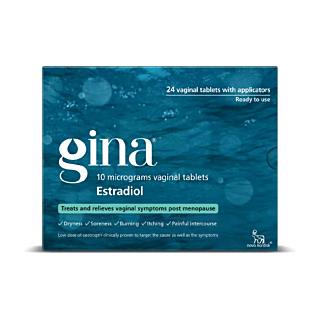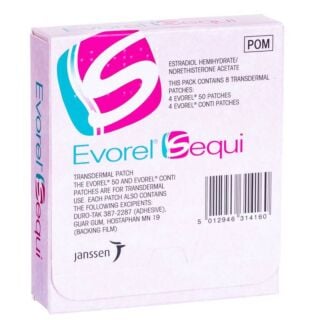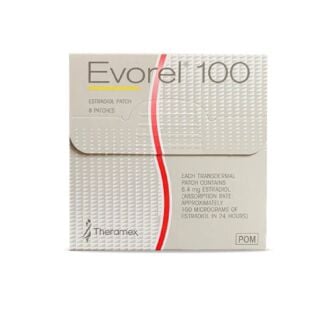6 ways to manage your hot flashes at night

Are hot flashes interrupting your sleep? During the menopause, hot flashes at night can be frustrating and disturbing when it comes to getting a good night’s sleep.
If you are suffering at night and you just can’t seem to prevent those hot flashes, it might be affecting the quality of your sleep and leading to insomnia.
Knowing how to sleep with hot flashes begins with taking steps to prevent them. Treatments are available, but there are also things you can do before you sleep to reduce your chances of experiencing one.
What causes hot flashes during the menopause?
Women experience vasomotor symptoms, known as hot flashes during the menopause. This happens due to a decrease in oestrogen levels. They are one of the most common symptoms of perimenopause and menopause.
When a hot flash happens, blood vessels close to the surface of the skin widen to cool you down. You then begin to sweat, with some women also experiencing a rapid heart rate and chills too.
Hot flashes don’t typically affect your quality of life; they are just an unwanted symptom of menopause. If you find that you are struggling to deal with the symptoms or need help to treat hot flashes, you can talk to your doctor to discuss what treatment option is suitable for you.
How to manage hot flashes at night
Don’t wear restrictive clothing to bed
Don’t dress in layers or wear restrictive clothing to bed. If you do choose to dress in layers, make sure that you are choosing items of clothing that can easily be removed. Overdressing should be avoided to help prevent hot flashes and night sweats.
You should opt for loose items of clothing as they will keep you cool and you won’t have to worry about sweat. Loose fitting clothes are typically cooler and much more breathable. When you are choosing what to wear for bed try and pick out moisture-wicking materials.

Avoid spicy foods, caffeine and alcohol
Your diet is incredibly important when it comes to the menopause. You should avoid or reduce the amount of spicy food, alcohol and caffeine you consume during the menopausal transition.
Eating spicy food can lead to excess sweating. It can also increase the temperature in your body. It is best to cut spicy foods out of your diet if you are struggling with hot flashes. Instead, you should opt for high-oestrogen foods.
Your alcohol intake should be reduced as much as possible. Alcohol has the ability to heighten menopause symptoms, especially anxiety, hot flashes and night sweats.
Caffeine should also be avoided where possible due to it being a stimulant. It can worsen your sleep by increasing the frequency of hot flashes and making them worse at night.
Ventilate the room
Before going to bed, make sure that the room is cool enough for you to get a decent night’s sleep. Open the window to let the fresh air circulate around the room. Ensuring that the room is well ventilated can help to prevent hot flashes.
If you are finding that you are still too hot to sleep or you continue to experience hot flashes, use air conditioning or a fan to help cool you down.
Avoid using heavy blankets or sheets
Instead of choosing those thick and heavy blankets or thick bed sheets you should choose lighter sheets that are made from a breathable fabric to help you get a better night’s sleep.
You should opt for sheets that are made from cotton, viscose, linen or silk to help with those dreaded night sweats.
Exercise
Making sure that you keep on top of exercising is important for menopausal women as it can help to reduce night sweats. Engaging in regular aerobic exercise has the ability to improve the quality of your sleep, mood and vitality.
Exercise can increase oestrogen levels, which can help prevent hot flashes and their intensity. Keeping active can also lower your risk of blood clots and help reduce the menopause belly.
You should avoid exercising 3 hours before going to sleep. This can make it harder for your body temperature to reach its ideal temperature to sleep.

Reduce stress
Reducing stress and learning how to relax can help to minimise the amount of hot flashes you experience and their intensity. Stress can be a trigger of hot flashes. Women experience more hot flashes when they are stressed.
Stress management techniques can include meditation, deep breathing and yoga.

Of course, hot flashes can be inconvenient and frustrating, however, most women who are going through the menopause will experience them.
If you find that you are still struggling with reducing hot flashes there are supplements available such as black cohosh and red clover. Both supplements have been known to help with hot flashes.
If you have exhausted every method, don’t forget you can always talk to your doctor. They might suggest hormone replacement therapy (HRT) or other treatments that are suitable for you.








